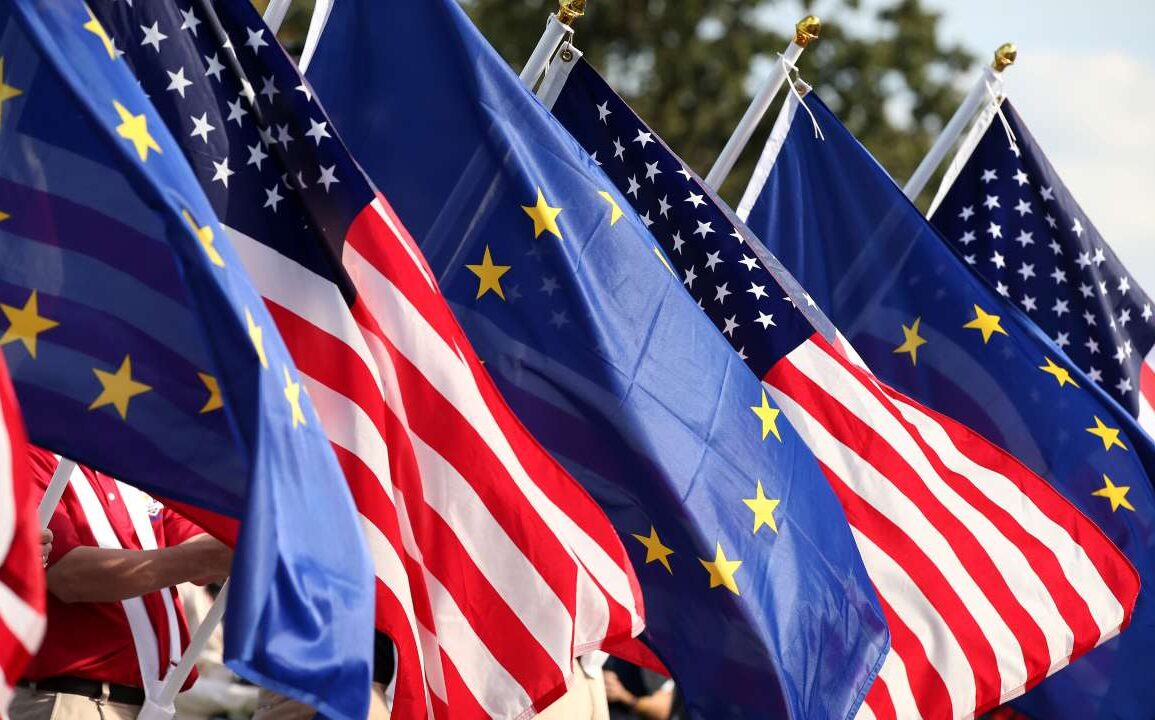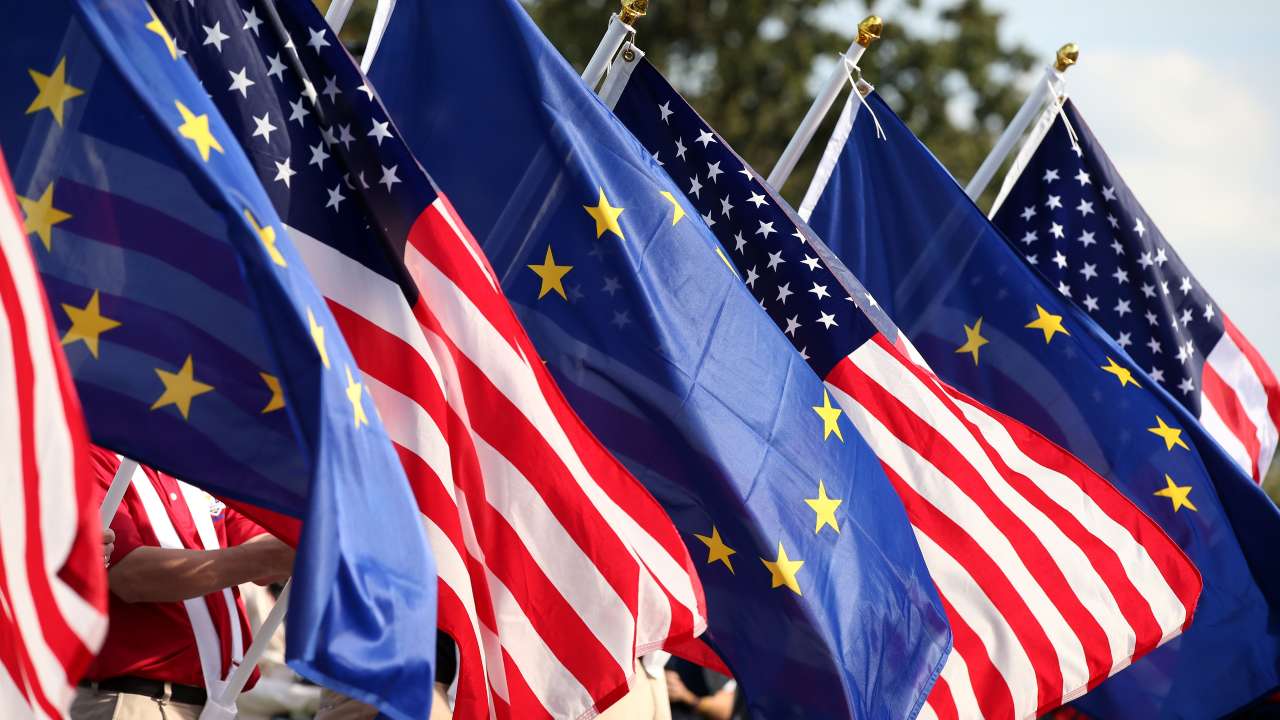Russia is increasingly ostracized at the world’s major institutions. Moscow claims indifference, but other capitals are taking note.
Russia’s candidate failed to win a judge’s seat at the International Court of Justice, meaning Moscow will lack a judge on the United Nations (UN) court for the first time since the organization’s establishment in 1945. Having failed to win endorsement from the Eastern European grouping of states, the General Assembly voted for a Romanian judge by 117-77 votes.
Days later, it was ousted from the Executive Board of UNESCO, the UN’s educational and scientific body. This was another first. These events, alongside Russia’s suspension by the International Olympic Committee in October, mark a concerted effort to punish its unprovoked attacks on Ukraine. This is having some notable successes.
When the full-scale invasion of Ukraine began 21 months ago, the international community moved swiftly and imposed sanctions, which included removing Russian banks from the global financial messaging system, banning commercial flights to Western countries, and reducing purchases of gas. Numerous international companies withdrew or suspended their operations, and political figures, elected officials, and oligarchs had their assets frozen or seized.
The Parliamentary Assembly of the Council of Europe unanimously agreed to remove Russia as a member of the organization and the United Nations General Assembly voted to suspend Russia from its Human Rights Council. Meanwhile, the International Civil Aviation Organization (ICAO) ejected the Russian representative from its governing council.
The UN has adopted resolutions condemning the invasion of Ukraine, while FIFA and UEFA, two of international soccer’s largest governing bodies, suspended all Russian teams from international competitions.
As the full-scale invasion approaches its two-year anniversary, Moscow continues to commit human rights violations and atrocities in Ukraine. There is no sign that the sanctions or the massive financial and human costs of the war have deterred Vladimir Putin and his aides. Russia may be the most sanctioned country in the world, but it says this is a matter of absolute indifference.
As so often with Russia, words and deeds do not match. The Kremlin makes enormous efforts to win votes at the UN and in international bodies, and as the record shows, generally loses.
Get the Latest
Sign up to receive regular emails and stay informed about CEPA’s work.
The lessons of Russia’s diminishing global influence are being learned elsewhere.
Take Armenia. Once seen as a friend of Russia, it recently joined the International Criminal Court (ICC) to Russian fury since as a suspected criminal, Putin will no longer be able to travel there. The Kremlin ignored Armenian pleas for help during its fighting with Azerbaijan in 2020 and this year, leading its Prime Minister Nikol Pashinyan to turn to the West for military aid and suggest that the country needed to “diversify” its security ties beyond Russia. Just to drive the point home, there are now reports that Armenia plans to hand its SS-21 missile batteries to Ukraine.
It is a similar story in Central Asia. When the war began, countries in the region refused to participate in Russia’s invasion. Kazakhstan and Uzbekistan gave humanitarian aid to the Ukrainians, while Turkmenistan sent medical supplies. Armenia and Kazakhstan have contemplated leaving the Russian-led Collective Security Treaty Organization (CSTO).
These countries are not alone in their thinking. Israel, which has previously had “constructive relations” with Moscow, is now distancing itself following expressions of delight from its propagandists at the October 7 Hamas pogrom.
Russia, which turned to Iran for drones for use in Ukraine, has been critical of Israel’s military actions, and Kyiv claims Putin’s regime has been arming Hamas.
The full-scale invasion has helped strengthen international institutions as forums where countries with different linguistic, ethnic, and religious backgrounds have united to condemn Russian atrocities.
Russia believed it would conquer Ukraine in a matter of days. Instead, it has been banned from international organizations, and many of its allies have drifted away as its military power wanes while the security and economic attractions of the West grow. What was once seen as the world’s second-strongest superpower has dwindled to a shadow of its former self.
Mark Temnycky is an accredited freelance journalist covering Eurasian affairs and a nonresident fellow at the Atlantic Council’s Eurasia Center. He can be found on Twitter/X @MTemnycky.
Europe’s Edge is CEPA’s online journal covering critical topics on the foreign policy docket across Europe and North America. All opinions are those of the author and do not necessarily represent the position or views of the institutions they represent or the Center for European Policy Analysis.
Europe’s Edge
CEPA’s online journal covering critical topics on the foreign policy docket across Europe and North America.
This post was originally published on this site be sure to check out more of their content.










